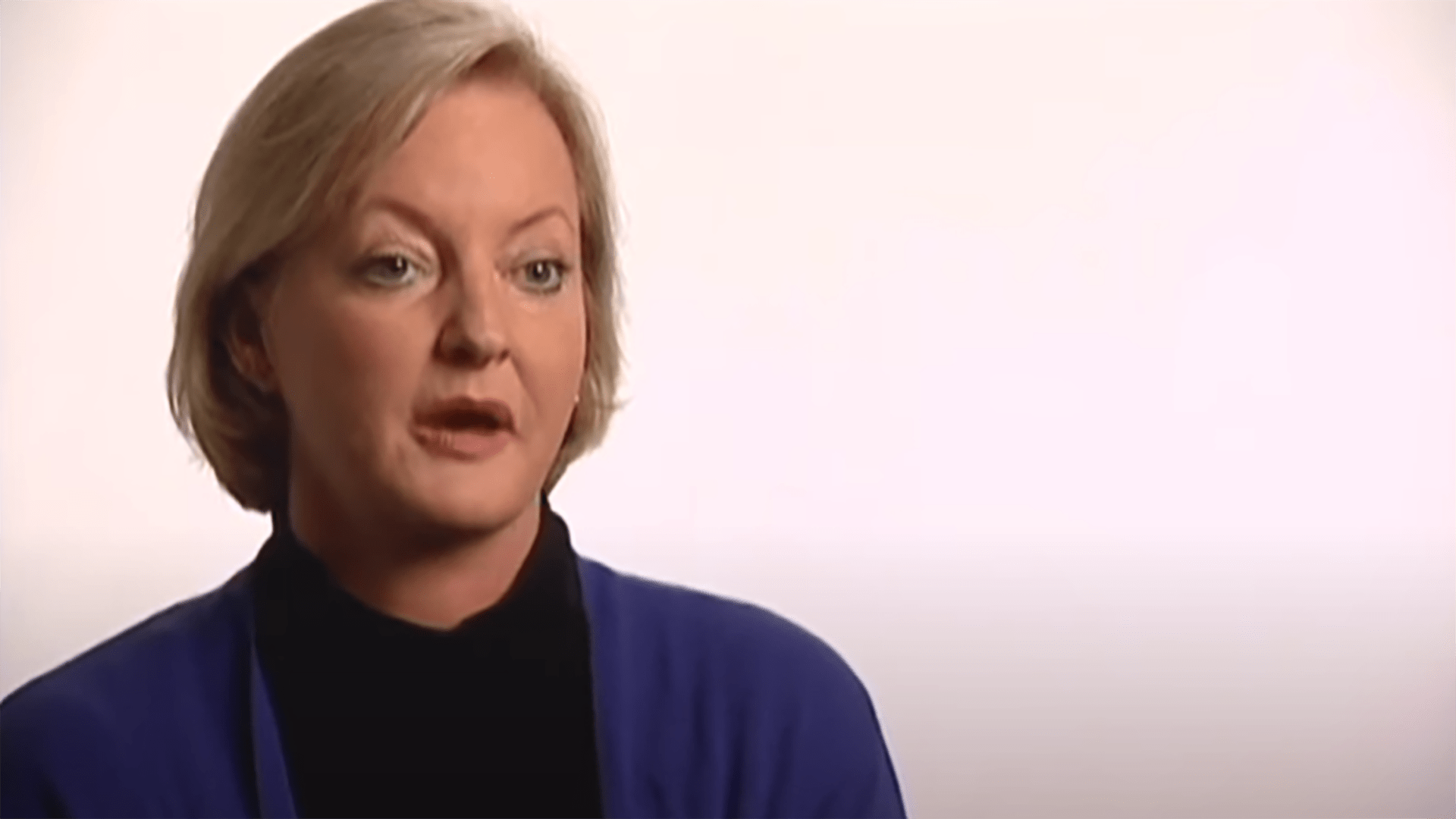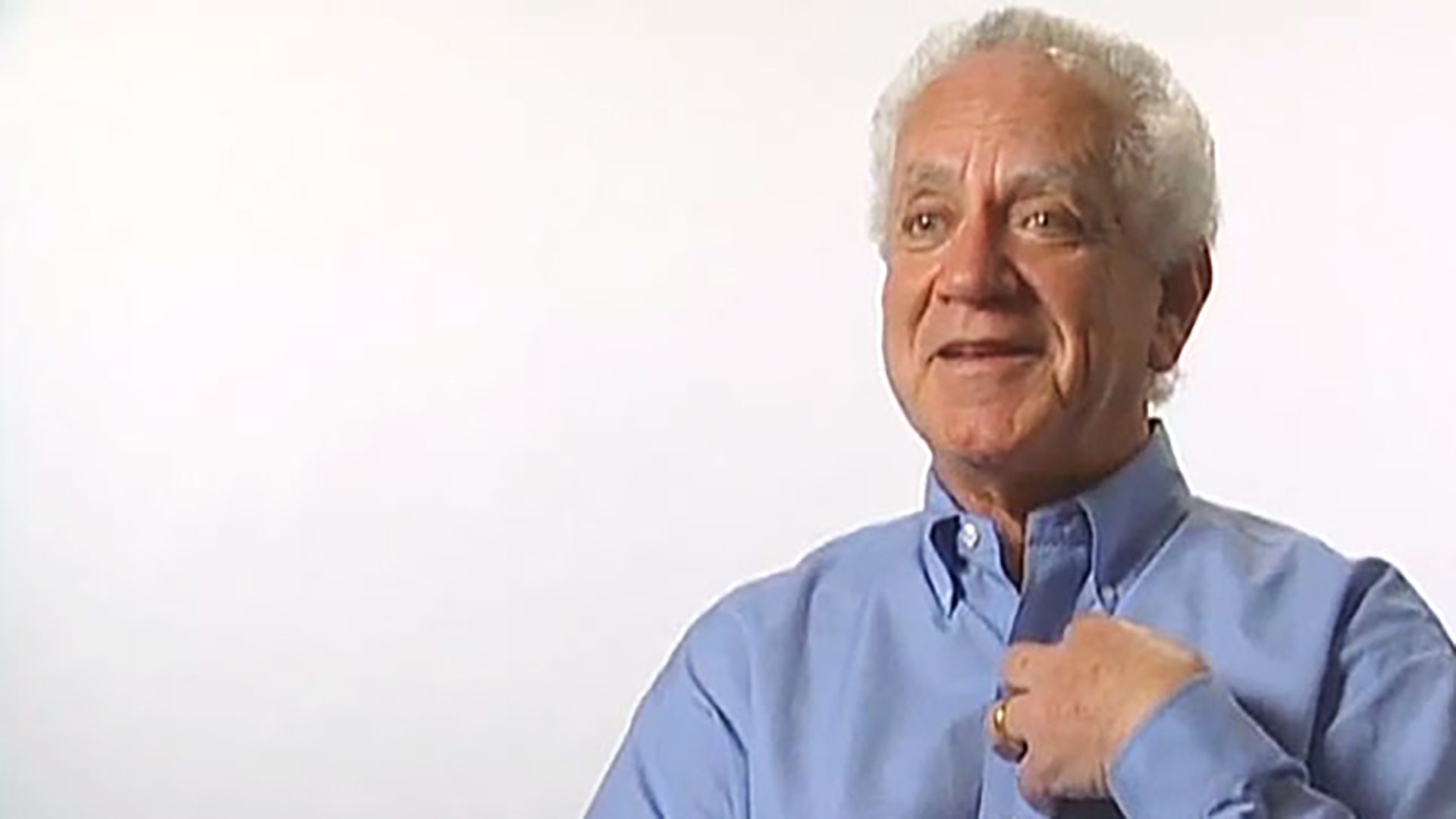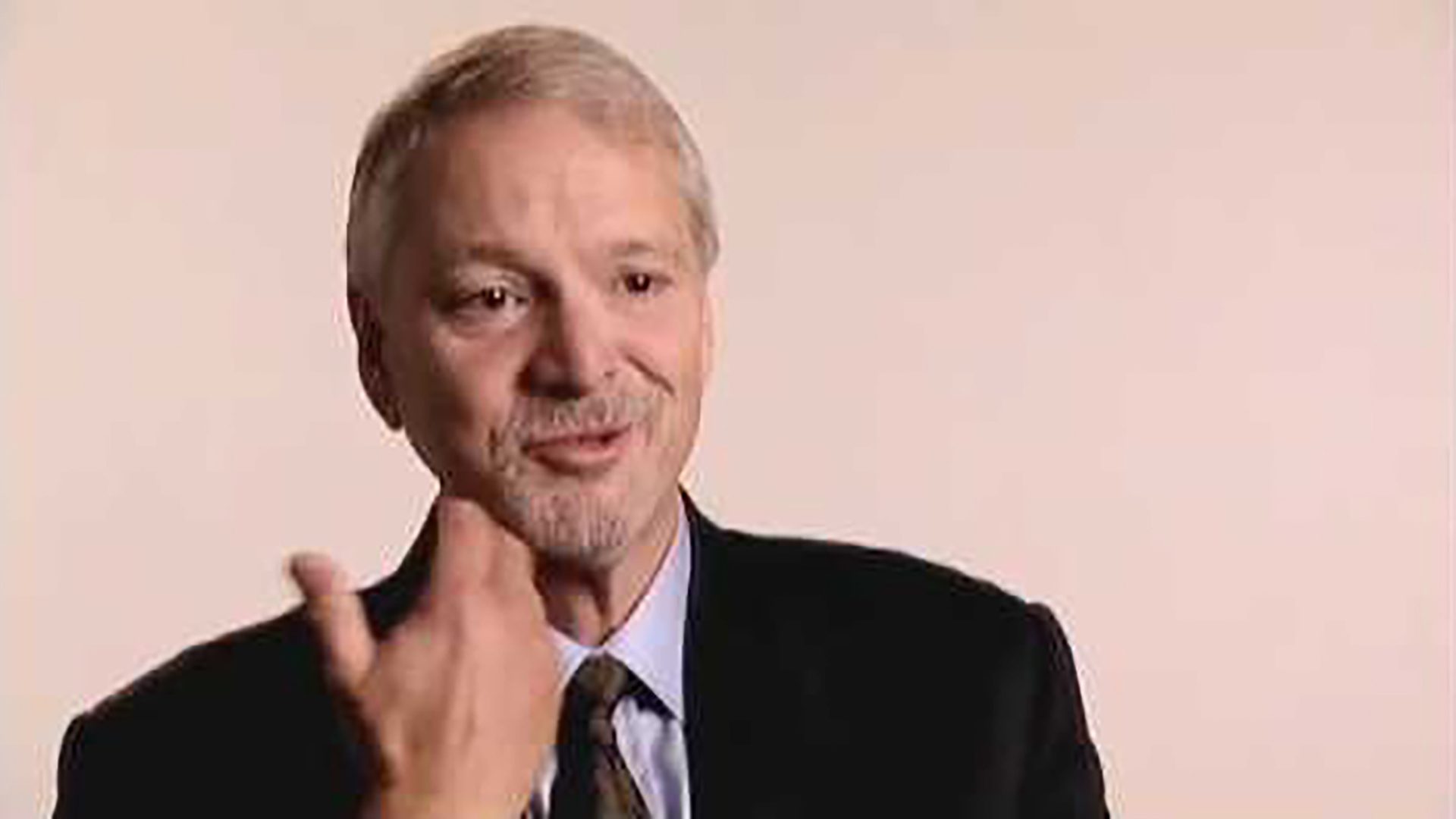Survivor Interview – Sally R.
Sally is a breast cancer survivor. She talks about cognitive changes, sexual dysfunction, and her experience with a clinical trial.

I became a survivor on May 27, 1999.
Immediately, I wanted to talk to other people, and I wanted to find out exactly the aggressiveness of their tumor, the stage they were, what they had done. And I think that every cancer survivor does this. They want to know the other person’s story, because if they’re alive, then I can be alive.
I really didn’t do research. I tried to, but I couldn’t find any place to go for the questions that I had. I really, truly gave it over to my oncologist. Said, “Here, fix me.” And he is the one who suggested a clinical trial. I didn’t even know what a clinical trial was. I had total faith in my doctor and went with it.
My treatment was lumpectomy first, then four months of Adriamycin and Cytoxan. And 36 rounds of radiation and now five years of Tamoxifen. In the trial, I was not selected for the new drug, Taxol, but I’m still well. All those women that were chosen had a much less chance of reoccurrence. So the clinical trial has set a new gold standard. If I were diagnosed tomorrow, I would not hesitate to do a clinical trial, because really it is the cutting edge in new drugs. I mean, there could be a cure right out in front of us, and unless people do clinical trials, we’ll never know.
There are definite long-term effects. I did not notice them immediately. At the time, I felt like the sense of suspended life, suspended reality was due to the chemo. After that, I realized that there really is a chemical change in your brain that is long-term, and they’re just now figuring out the aftereffects.
Chemo brain is a way of life. I don’t know that Adriamycin and Cytoxan are any worse than another type, but I know how it’s affected me mentally. I do not have the organizational skills that I used to. (Now, a lot of people will laugh thinking, she never did, but let’s not tell her!) Mathematics are very tough for me now. I need to visually see something, or I can no longer recall it. I need calendars for everything. Lists. I live with lists. And unfortunately, I forget where I put them. It’s a matter of long-term memory. Things just mentally change. And I’m sure that a lot of that has to do with aging, but it certainly came on suddenly.
Depression, thankfully, has not affected me as much as others. I think that anytime you’re on a long-term drug, especially these estrogen inhibitors, depression and mood swings are going to be part of the side effects. It can be awful — to where you can’t get out of bed awful. I truly believe that when you go through something like that, you need to talk to your doctor, and if you need medication to get you over that hump, I think it’s imperative that you do that.
There’s a message I want to get out to women, but it’s kind of difficult for me to talk about. The particular type of breast cancer that I had was hormone-receptor positive, which means that the tumor fed off naturally occurring estrogen. This means that I had to eliminate all estrogen. And it threw me into immediate menopause. The symptoms were so acute and so fast after my first chemotherapy that it was stunning. I was shocked at the changes that a female body goes through. But long-term side effects are really what have bewildered me, because it has changed my life significantly. The mood changes, the depression, the skin changes — every part of my body is different than it was before.
No one really prepared me for that. I’m sure that there are so many people that go through treatment and so many people that doctors have to deal with, that for them to outline every little change, they don’t have time. I had not read enough. I had not researched enough. I handed my life over to my doctor, not knowing what the outcome for me, physically, was going to be.
The different physical changes in me are things that I would never have even thought about. Neuropathy, not having feelings in my fingertips, not being able to play the piano like I used to; of course, weight gain; skin changes. My body’s different. Everything about me is different.
A woman must talk to her doctor if she does lose sexual desire. It’s a very necessary and very important part of our lives. She must talk to her doctor, and if he doesn’t give her an answer, she needs to go to the next place, because there are therapies that help and get you back on track without putting any estrogen in your system. Anytime that you have a side effect like the loss of desire, it affects your relationship, which affects your strength, which affects your attitude, which affects your will and your sense of hope. You need to get the whole package back together.
I think for a lot of women, this is part of the depression. They don’t know that they can be helped in the area of libido. And at a young age, it can be devastating, and it can alter your relationships, but there is help out there and it works.
One of the side effects of having axillary node dissection is the possibility of getting lymphedema. That’s when the lymphatic fluids back up in your arm. I don’t know that this happens as frequently with the new way that they do it, which is sentinel node dissection, but in my case, I had 29 nodes taken out, which puts me at a very high risk for lymphedema. Not only is it uncomfortable, but it’s life-altering. I have to be very, very careful that when I fly, I have a pressure sleeve. I take extra precautions just gardening so that I don’t cut my hand, because you have to be very careful of infection. Learn lymphatic drainage massage on yourself, which keeps the flow going.
For me personally, there is not a day that goes by that a twinge of fear doesn’t hit me. I can be going along having the best time of my life, but somewhere in that day, I’m going to remember that I have had a diagnosis. And I have to live with that every single day but, yet, I want to live past it.
New things crop up with me all the time that I believe are treatment-related. I had very strange things happen to me, I’d say, three years after treatment: weird, strange things that I’d never had before. It was sensations in my chest, where the surgery had been. Sensations in my arm. Feelings of full. Things that I did not understand and I’d never read about. The neuropathy happened later, too.
I need information way past treatment. I need to be able to find out what is going on with my body and why. I need survivorship skills way past the actual treatment, and I think it will probably be for the rest of my life that I need resources to know.
I think hope was probably the major thing in getting through the whole ordeal. Had I not been able to hope that I was gonna get well, I don’t think that I could have continued with treatment. I had to hope that that next chemo was the one that was going to make me well. That the next radiation was the one that was gonna clean me totally up. That with the next pill, I was gonna be fine. That was all stemming from hope. How I got the hope was because I just wanted to live. And that’s the truth.
My sincerest hope for everyone that is diagnosed is to remember to dig down deep inside of you and fight like hell, because you can win. Draw from yourself and fight like hell. You can win.
I found direction. I found focus. My little fears are gone. I am living. I probably take more chances than I should. Being right on the edge does not bother me. I go and I do and I breathe and I live and I just enjoy it all. To me, survivorship is living past your diagnosis, getting through all of that, getting through the horror, the ordeal, the treatment, being so sad, being despondent, losing sight of what is pretty in a flower, getting past all that, and just truly grabbing it all, eating it up, and breathing it in.
Survivorship means living the best way with gusto, grabbing every moment with true belief that you’re gonna be fine, getting through the downs, and finding the ups, and living on top of that mountain.
My name is Sally Reed, and I’m a four-and-a-half-year breast cancer survivor.

